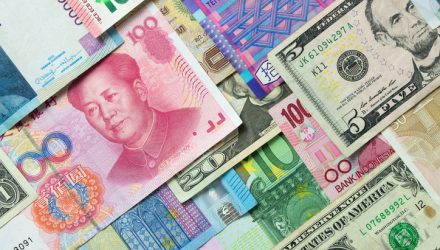As investors look to overseas equities and international ETFs to access these markets, one should consider the consequences of currency fluctuations and ways to hedge these foreign exchange risks.
“The thing that’s particularly interesting to me now is that we’ve seen last year and this year, people are beginning to take off that currency hedge, and what’s fascinating about that is potentially we are in the environment where you absolutely need that currency hedge,” Luke Oliver, Managing Director for Deutsche Asset Management, said at the recent Morningstar ETF Conference.
Over the coming years, with the Federal Reserve looking to hike interest rates and the U.S. economy continuing to strengthen, the U.S. dollar’s recent decline could be quickly pared and even push higher, potentially weakening foreign equity returns once currency fluctuations are taken into account.
“When you invest international, you’re getting two exposures: one that you kind of understand – equity market – and one that very few of us have a good grasp on, which is the foreign exchange market,” Oliver said.
As the U.S. dollar strengthens, foreign currencies would depreciate. If an investor holds a foreign stock that is denominated in the local currencies, a weaker foreign currency would translate to a lower USD-denominated return on that foreign equity exposure.
